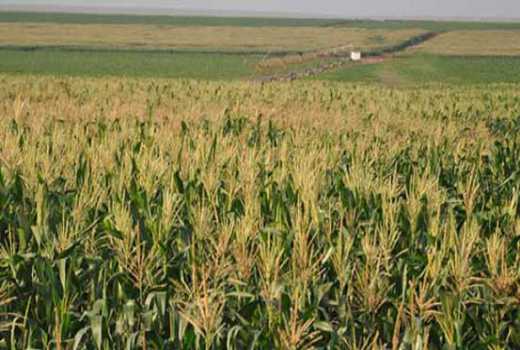×
The Standard e-Paper
Stay Informed, Even Offline

NAIROBI, KENYA: The failure by farmers to apply fertilisers during planting and topdressing has been one of the key contributors to the shaky food situation in not only Kenya but across Africa.